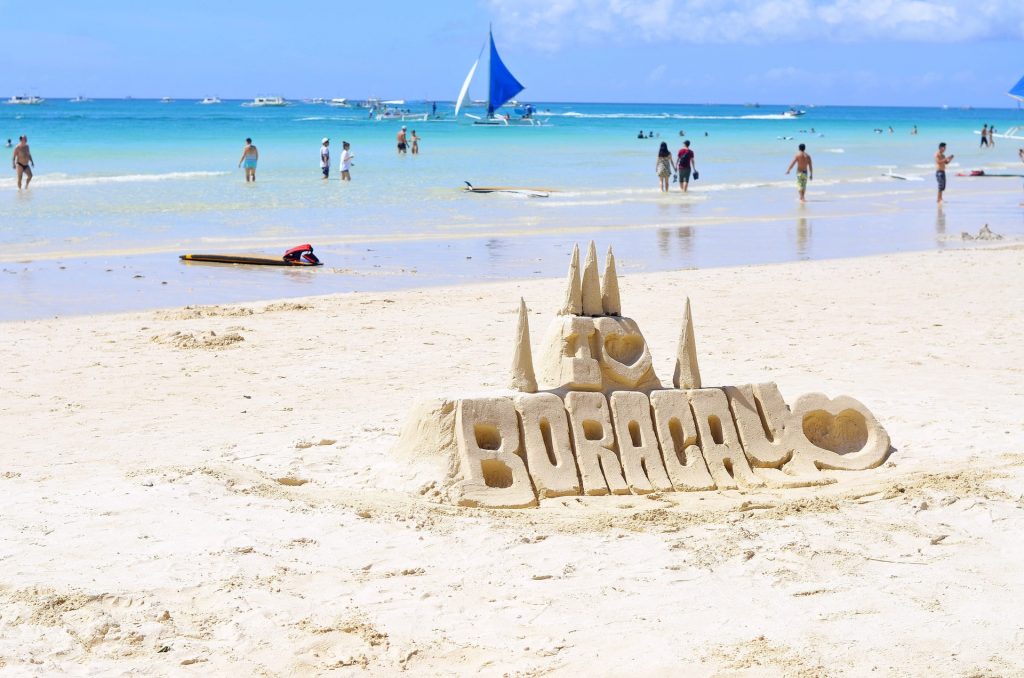Travel
DOT’s ‘smart tourism’ programs continuous

MANILA – The Department of Tourism (DOT), through the Tourism Promotions Board (TPB), continues to support destinations by funding their digital transformation projects in a bid to promote “smart tourism” that banks on contactless transactions.
As of June 2021, the TPB has downloaded a total of PHP111.65 million to local government units for various projects, including the development of the Visitor Information and Travel Assistance (VIS.I.T.A.) platform, an online visitor management and monitoring system; local tourism websites; mobile applications; and digital marketing tools.
“Digital innovations are playing a crucial role in the recovery of the tourism industry. Not only do they improve the efficiency of business operations, and promotions, they also allow for a safer environment through contactless transactions, virtual meetings, and visitor registration and monitoring,” Tourism Secretary Berna Romulo-Puyat said Wednesday.
Aside from Baguio City, destinations also using the VIS.I.T.A. app now include the Ilocos Region, Central and Eastern Visayas, Northern Mindanao, Metro Manila, and the provinces of Bohol, Marinduque, Oriental Mindoro, Quirino, and Zambales.
Since its launch in October 2020, the cities of Bacolod, Davao, Dumaguete, Iloilo, Tuguegarao, and the municipalities of Agoncillo, El Nido, and Pasil have also used the application.
Also funded is Oriental Mindoro’s tourism website www.travelorientalmindoro.ph and mobile application Lakbay Oriental Mindoro, serving as a digital travel guide to the province’s 14 municipalities.
Apart from introducing the much-needed digital tools for tourism, the DOT previously subsidized 50 percent of the RT-PCR testing cost for qualified local tourists through a partnership with the Philippine Children’s Medical Center and the University of the Philippines-Philippine General Hospital.
The DOT said its financial aid also extends to programs that promote sustainable tourism, such as community immersion and interaction that are non-exploitative and not staged; slow food-slow travel; farm-to-table activities; and health and wellness activities.





















